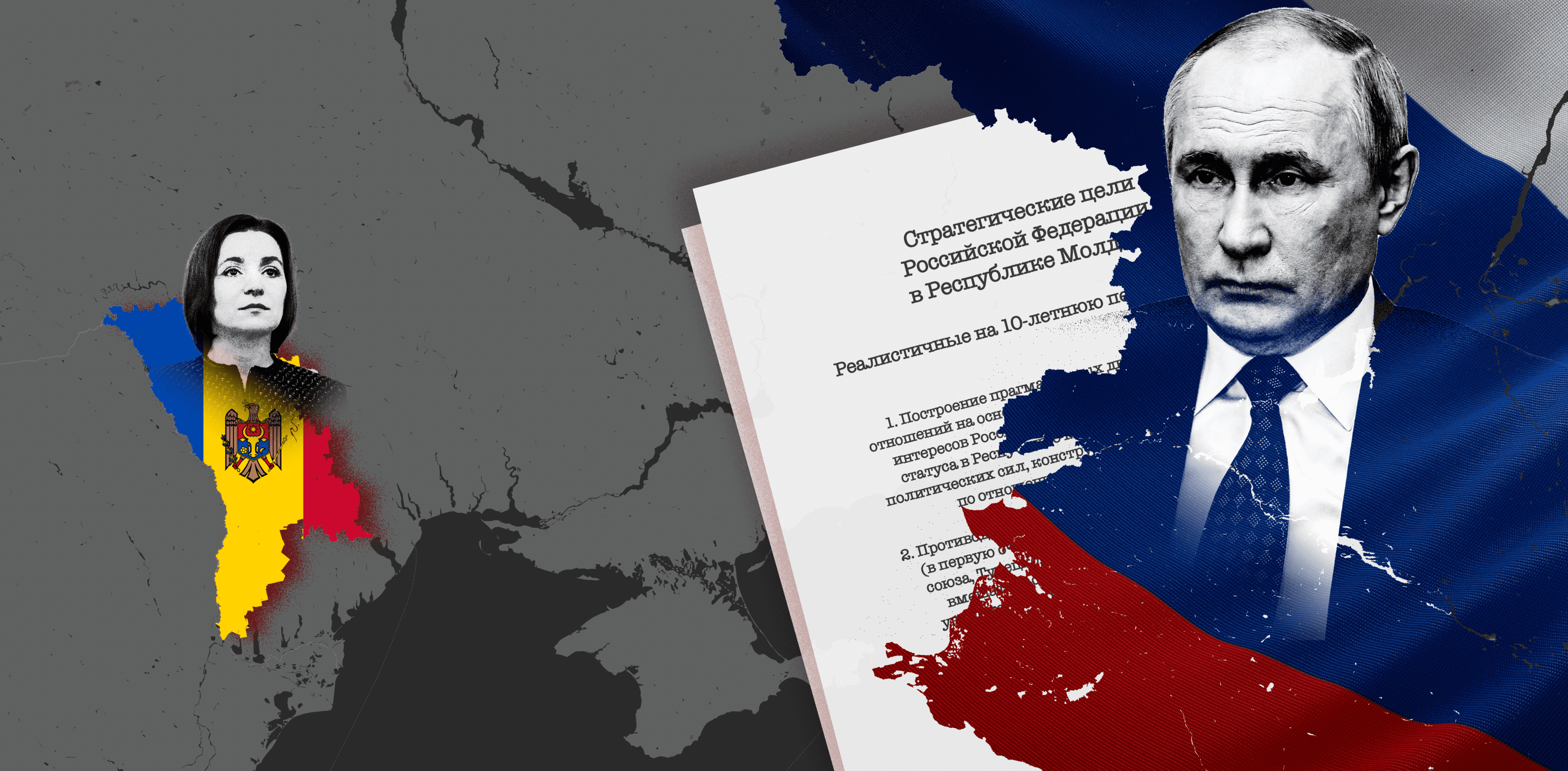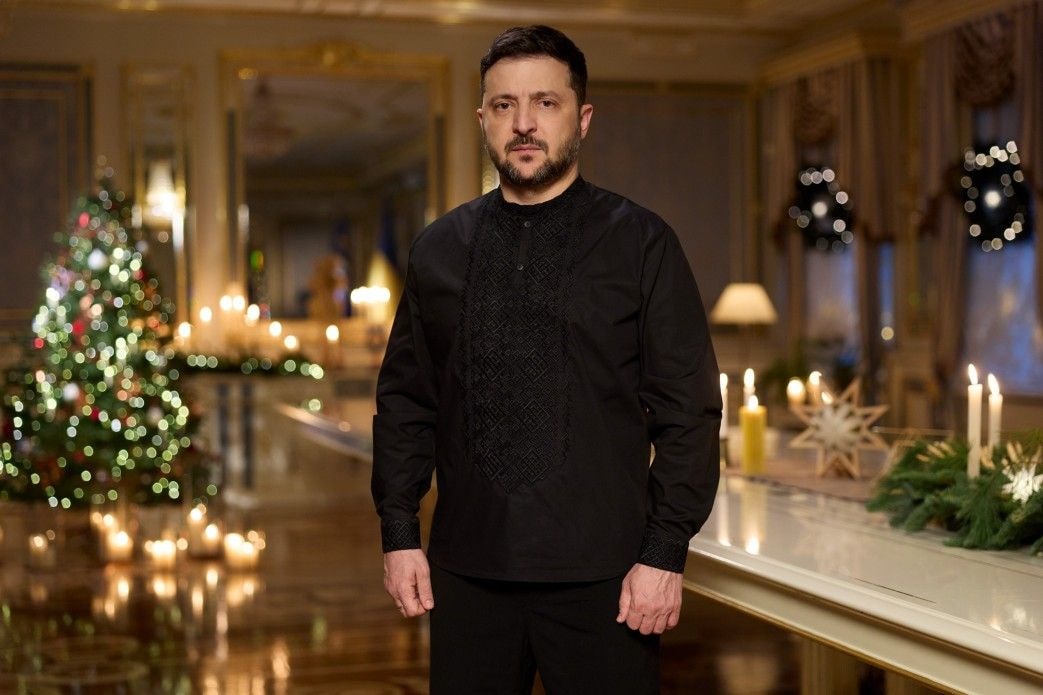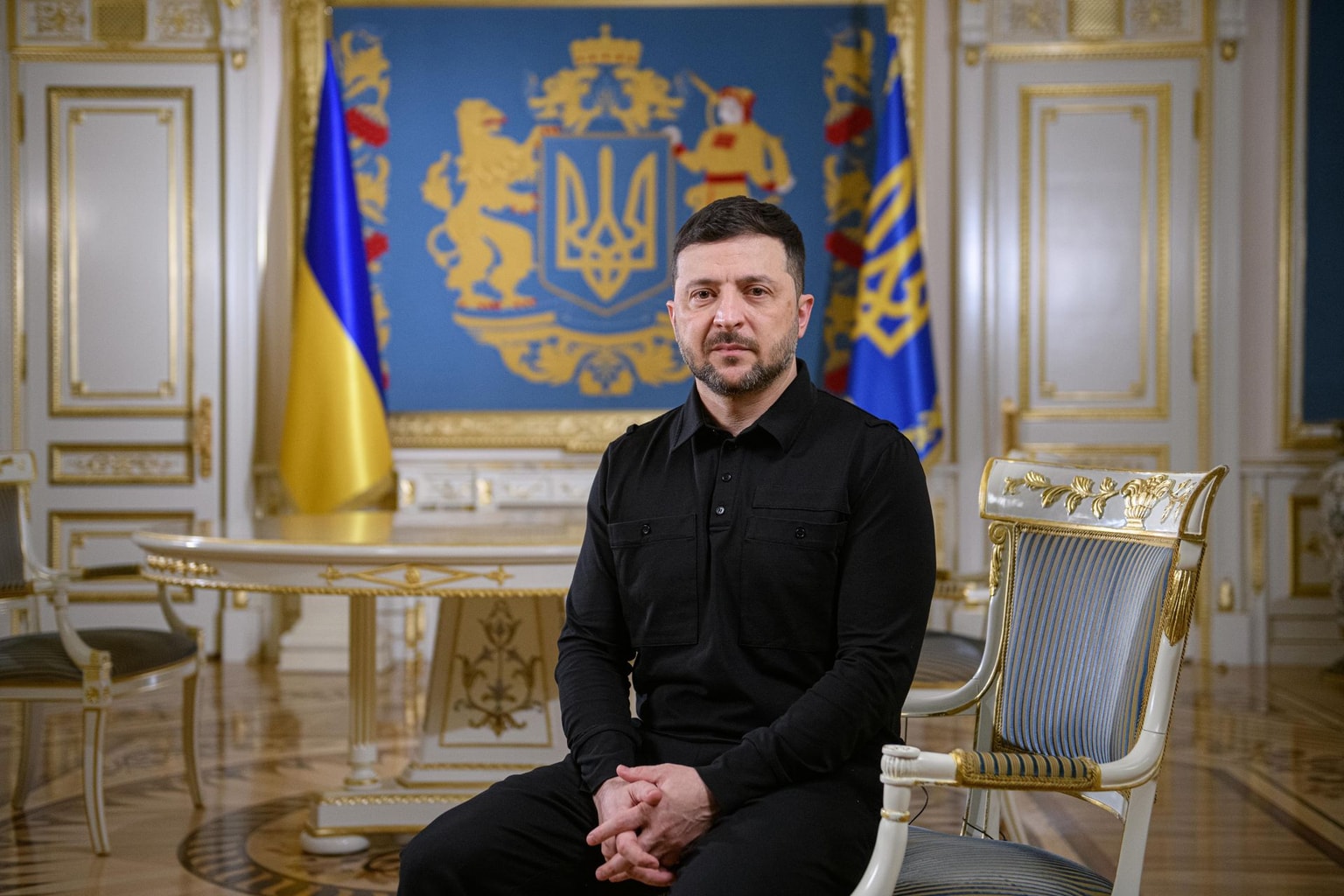Russia bans entry for Moldovan officials, journalists

The Russian Foreign Ministry announced that it had banned certain Moldovan government and media officials from entering the country due to “persecution of Russian and Russian-language media, as well as discrimination against Russian citizens,” the Moldovan outlet NewsMaker reported on Jan. 10.
The Kremlin previously banned 11 Moldovan officials from entering Russia after Moldova restricted access to certain Russian media sites it said spread disinformation ahead of local elections.
The new ban includes high-ranking members of the president's office, such as Supreme Security Councilmember Adrian Balutel, Secretary General Artur Mija, and Presidential Adviser for Foreign Affaris and Strategic Communications Olga Rosca.
Journalists from Moldovan media outlets, including the deputy chief editor of NewsMaker Stela Untila, were also banned from Russia.
The Russian Foreign Ministry summoned Moldovan Ambassador Lilian Darie on Jan. 10 and said that the "unfriendly actions of official Chisinau" had led it to ban some Moldovan representatives.
Moldova has intensified its efforts to remove itself from Moscow's sphere of influence in the last year, increasing its military budget and participating in joint excercises with NATO. The European Council agreed to initiate EU accession talks with Moldova on Dec. 14, the same day it agreed to begin accession talks with Ukraine.
Moldova's Prime Minister Dorin Recean said on Dec. 18 that Moscow's attempts to simplify the process of obtaining Russian citizenship for Moldovans were "an attempt to recruit 'cannon fodder' for this brutal and incomprehensible war."
Analysts from the Institute for the Study of War (ISW) said on Jan. 9 that Russian state-run media outlets continue to sow political instability in Moldova, appealing to pro-Russian separatists in the breakaway region of Transnistria.
Russia's self-serving narratives frame the Moldovan government as a threat to Russian-language speakers, justifying continued aggression.












